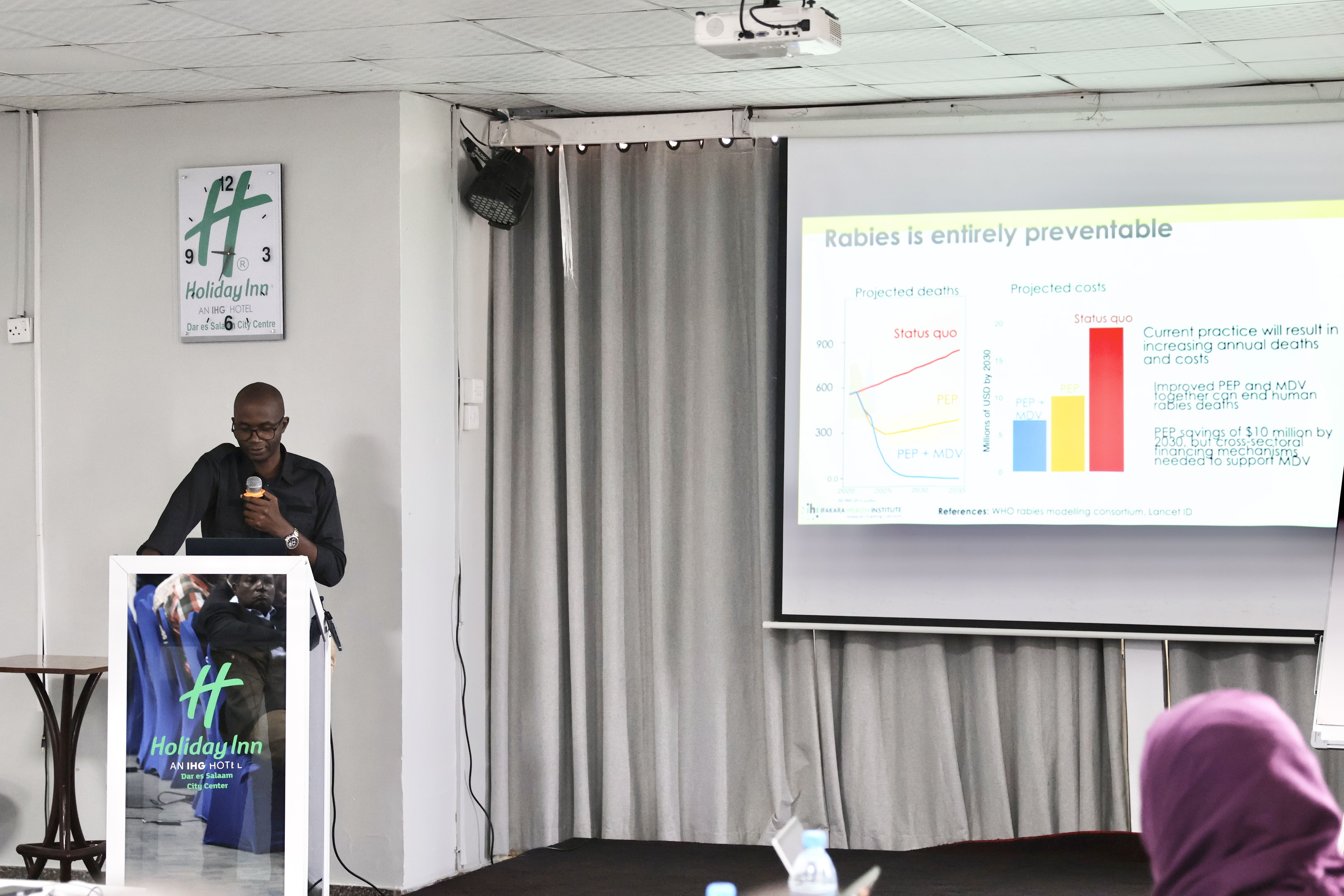
RABIES: Ifakara, partners discuss adoption of human vaccine

On May 10, 2024, the Tanzania National Immunization Technical Advisory Group (NITAG) convened to discuss and offer recommendations to the Tanzanian government on how to approach the GAVI vaccine alliance's initiative to supply human rabies vaccines to qualifying countries.
This plan represents a crucial advancement towards realizing the ambitious '0 by 30' goal. This goal aims to eliminate human rabies deaths worldwide by 2030.
Tanzania, meeting the eligibility criteria set forth by GAVI, finds itself in a position to benefit from this initiative. Among the attendees were NITAG members from various institutions, including the Ministry of Health, the Ministry of Livestock, and the World Health Organization country office.
GAVI, a global health partnership committed to increasing access to immunization in low-income countries, will launch its initial phase of vaccine distribution from June to September. This period marks the opening window for early adopter countries to apply for the supply of human rabies vaccines.
Rabies, still a huge burden
Through its Memorandum of Understanding with the Ministry of Health and the Ministry of Livestock regarding rabies research, Ifakara was invited to contribute to the discussion by presenting evidence. Joel Changalucha, a research scientist at Ifakara, emphasized the enduring burden of rabies in Tanzania. This burden stems largely from the high costs and limited availability of vaccines, as well as frequent stockouts. Consequently, approximately 25% of patients in low-income communities refrain from seeking care.
This sentiment was echoed by a case report presented by Dr. Amina Mgunya from Muhimbili National Hospital, detailing real life tragedies that occur due to a lack of appropriate and timely response from the patients and their family.
GAVI to support human vaccine “free-of-charge” to patients
From presentations made by representatives from GAVI, Tanzania, through this program, has an opportunity through GAVI to update its rabies treatment guidelines to align with WHO's recommendation of a 1-week course of 3 intradermal (ID) injections. This change would save costs, improve access, and save lives by making treatment more patient-friendly and financially accessible.
This meeting stems from the Rabies Elimination Stakeholders’ hybrid Meeting organized by the rabies team at Ifakara in Dodoma late last year, where this opportunity was initially introduced.
What needs to happen
In a policy brief shared during the meeting prepared by Ifakara research scientist Kenny Lushasi, for the country to prepare for the Gavi application, Tanzania must ensure financial and programmatic readiness, facilitate data sharing and review for vaccine forecasting. Moreover, coordination across sectors is essential, adopting a One Health approach that involves scaling up dog vaccination, implementing Integrated Bite Case Management (IBCM), and aligning data platforms within the national rabies plan.
Understanding Rabies
Rabies is a viral disease that affects mammals, including humans, primarily transmitted through the bite of rabid animals, especially dogs. It attacks the central nervous system and can lead to fatal symptoms if untreated. Immediate medical attention, including PEP, is essential after a suspected rabies exposure.
It's estimated that 1,500 people die annually in Tanzania from rabies, a disease that can be prevented through vaccination.
>>Learn more about rabies here
